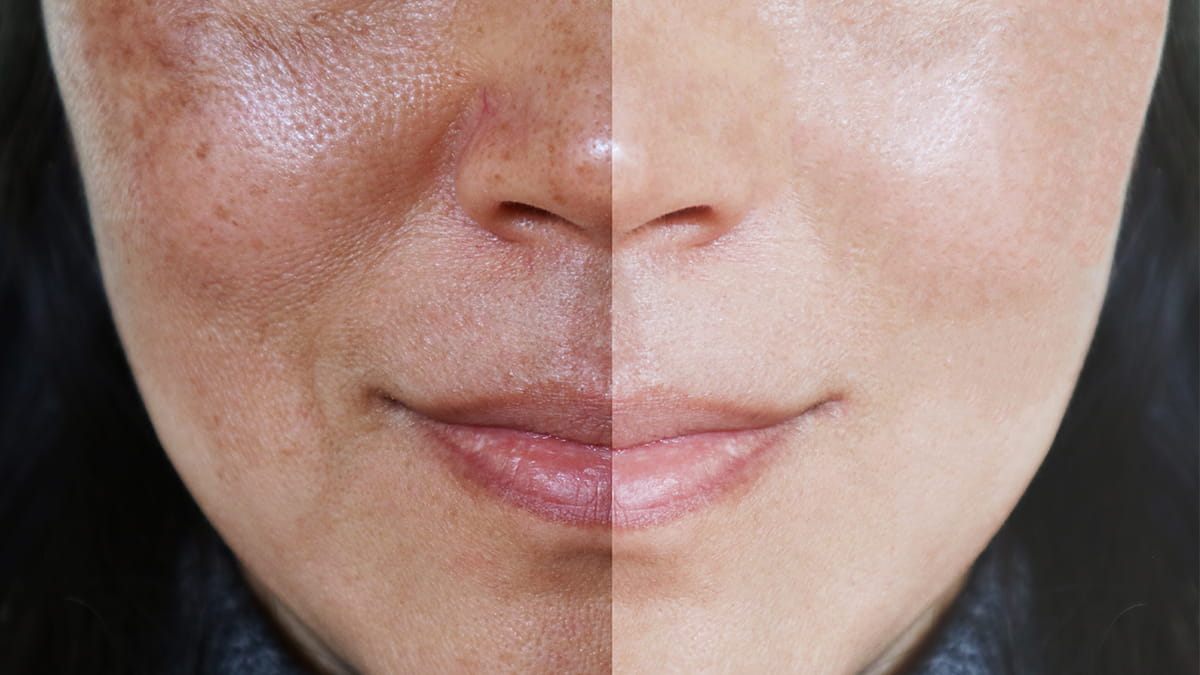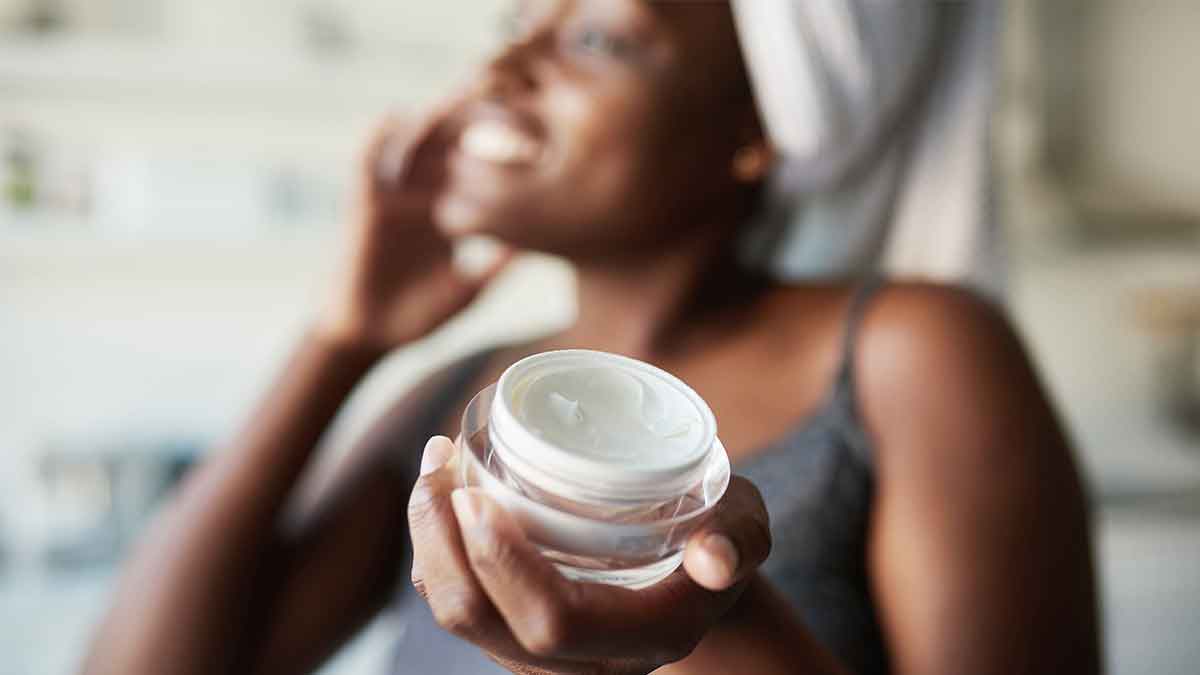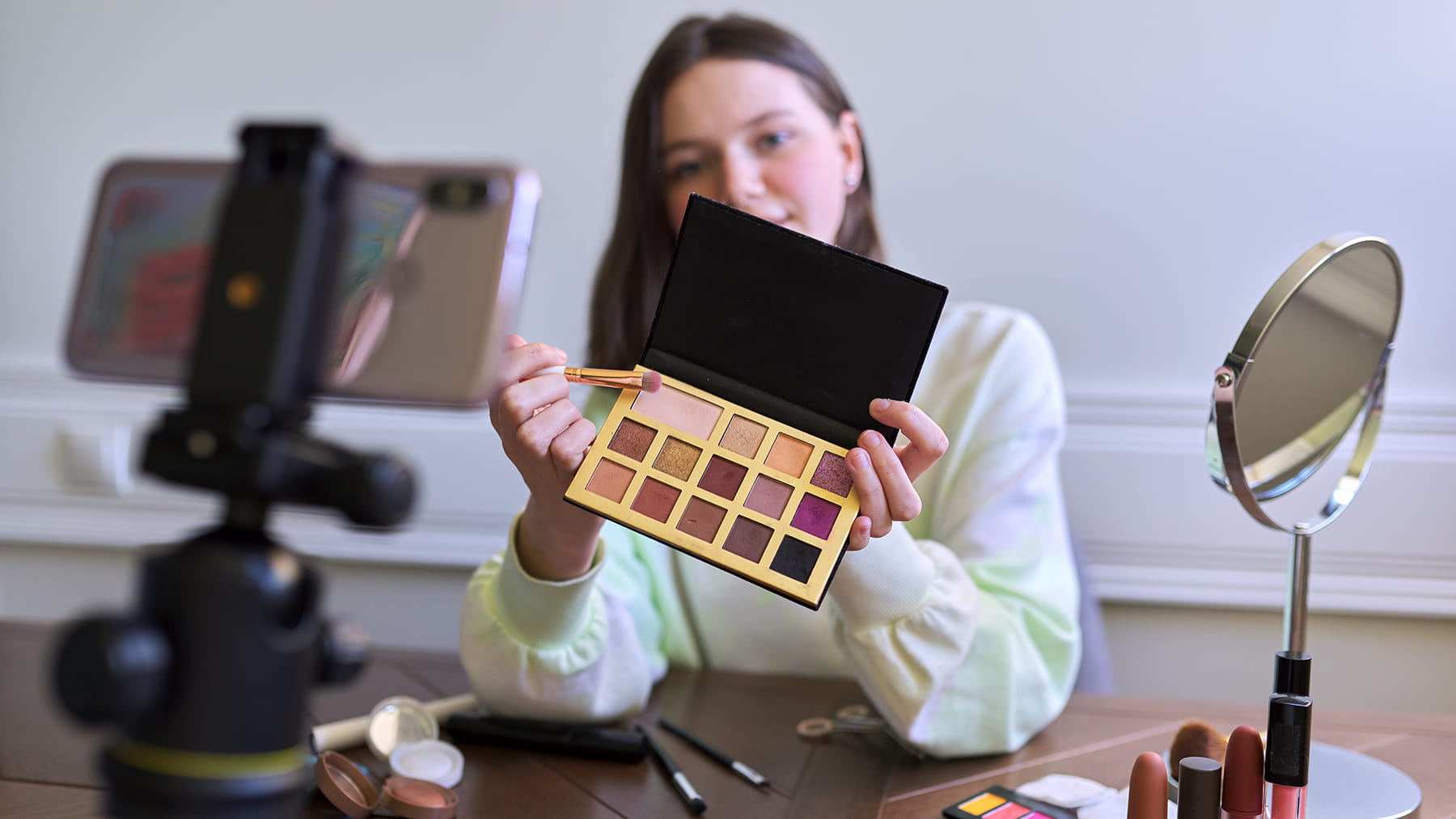Work out without sabotaging healthy skin

Regular workouts are part of a healthy lifestyle. But if you don’t practice good hygiene and skincare, sweat, dirt and sun can do a number on your skin. The good news is you can meet your fitness goals while maintaining healthy skin by adapting the following tips:
Wear moisture-wicking clothing
Athletic gear made from anti-moisture or wicking materials will pull moisture away from the skin. This helps prevent skin irritation that can occur from excess sweating. Consider wearing moisture-wicking clothing, including underwear, during your workouts.
Bathe daily
Shower daily and use a gentle cleanser. If you have acne-prone skin, use an acne treatment body wash that contains benzoyl peroxide. Lather the wash onto your skin and allow it to sit for 1 minute before rinsing to prevent and treat exercise-associated acne.
Keep skin dry
Use clean towels and washcloths to dry off excess sweat while working out. Keep a change of clothes on hand when on the run. If you’re prone to itching or rashes in the skin folds under the breasts or in the groin, it’s especially important to keep those areas dry. After showering, dry any excess moisture in these areas before getting dressed with a rolled, clean, dry washcloth or a hair dryer on a cool/low setting. If needed, apply a thin layer of over-the-counter hydrocortisone cream 1 percent to any itchy areas or rashes for up to two weeks.
Rinse after swimming
If you are a swimmer, rinse your skin with clean water for 10 minutes after swimming in a chlorinated pool. If you’re prone to dry skin from chlorine, towel off gently after a shower. Apply an unscented moisturizer to your damp skin. There are several dermatologist-recommended brands at any store.
Protect your skin in the sun
If you’re working out in the great outdoors, wear a hat, sunglasses and protective clothing that have UPF designation. Wear a broad-spectrum sunscreen. Apply sunscreen at least 30 minutes before going out in the sun. If you have sensitive skin, avoid sunscreens with chemical blockers. Instead, use mineral-only sunscreens in which the active ingredients are only physical blockers such as titanium dioxide or zinc oxide. The majority of sunscreens marketed for infants and children under 2 years old are mineral-only sunscreens. Reapply sunscreen every one to two hours if you’re outdoors for a prolonged amount of time or immediately after excess sweating or swimming.
Watch for changes in your skin
If you have any new or changing moles, pimple-like growths that don’t go away or bleeding sores that don’t heal within a couple of weeks, see a board-certified dermatologist. These could be early signs of skin cancer.
Catherine Chung is a dermatologist at The Ohio State University Wexner Medical Center.




